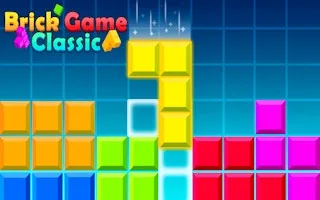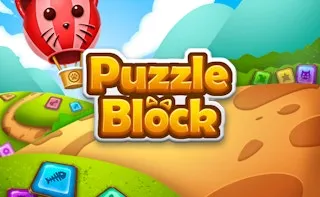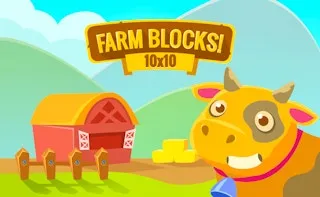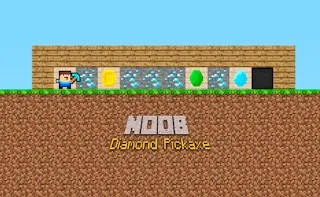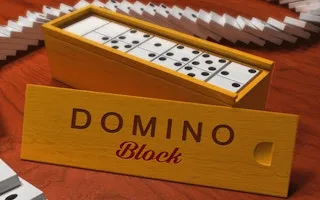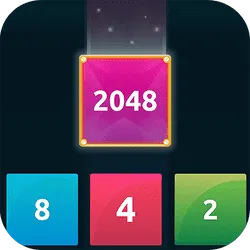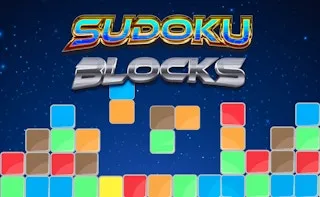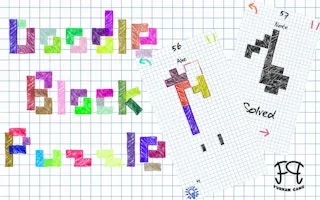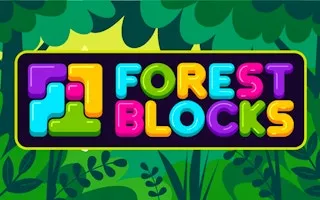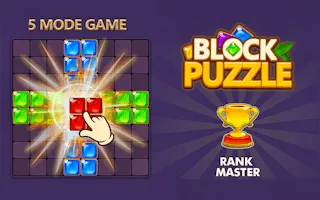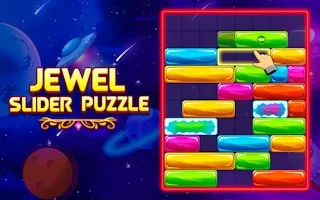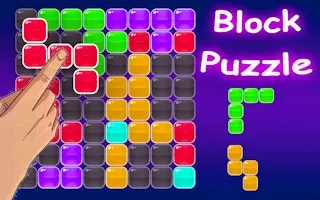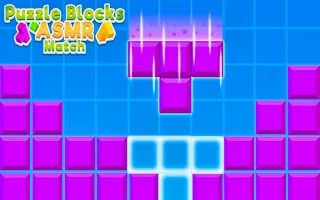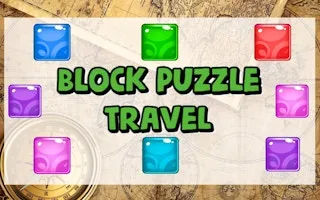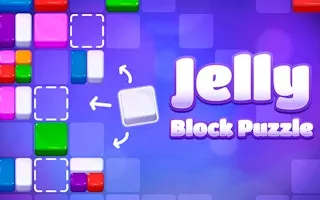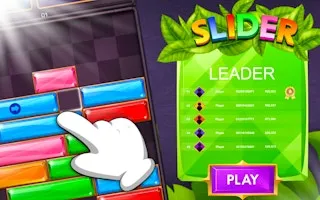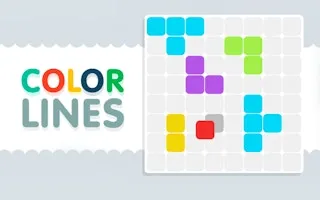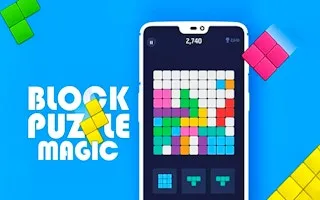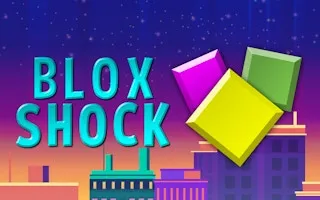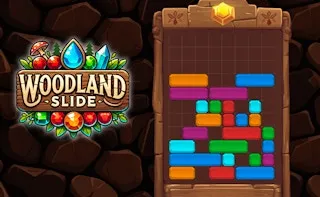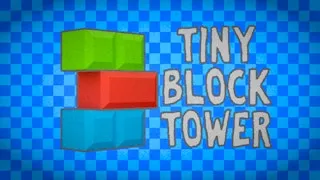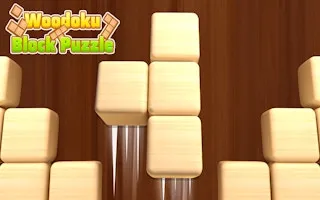Block Games
27 games in total. Page 1 of 1
Block Games: Explore the World of Creativity and Strategy
Block games offer endless creativity and strategy for players of all ages, combining classic puzzle-solving with modern gameplay mechanics. Block games are a fascinating genre in the gaming world, loved for their simplicity and versatility. Whether it's stacking, building, or solving puzzles, block games have become a staple in both casual and competitive gaming. These games provide a unique blend of creativity and strategic thinking, offering experiences that range from constructing vast worlds to solving intricate puzzles. In this article, we'll delve deep into the appeal of block games, their evolution, and why they remain a popular choice for players worldwide.What Makes Block Games So Popular?
Block games have a distinct appeal due to their flexibility and broad range of gameplay mechanics. At their core, block games focus on the manipulation of shapes or blocks, with objectives that typically involve constructing, clearing, or stacking. The genre's simplicity makes it accessible to all players, but many block games also incorporate deep strategic layers that can challenge even the most experienced gamers. Players enjoy the tactile nature of block games, as they allow for both creativity and problem-solving. Some games emphasize building and crafting, while others focus on puzzle-solving, offering a diverse array of experiences. The blend of casual fun and strategic depth makes block games a perfect choice for gamers seeking both relaxation and a challenge.The Evolution of Block Games
The genre of block games has undergone significant transformation since its inception. In the early days, classic titles focused primarily on puzzle-solving, requiring players to clear lines of blocks or match shapes to keep the game going. As technology advanced, block games evolved to include more interactive and immersive elements. Modern block games often feature voxel-based environments, allowing players to explore and build in vast, open-world settings. These environments give players the freedom to manipulate the world around them, whether it’s constructing towering structures or navigating complex puzzles. This evolution has expanded the scope of block games, transforming them into an experience that goes beyond simple mechanics and taps into the player's creativity and strategic thinking.Creative Freedom in Block Games
A significant draw of block games is the creative freedom they offer. Players can manipulate the game world by building and designing unique environments. Many block games include a sandbox mode, where players are free to let their imaginations run wild. These games encourage exploration, allowing players to create anything from small structures to sprawling cities. This creativity is often paired with problem-solving elements. Players must use blocks to overcome challenges or obstacles, adding a layer of strategy to the experience. For example, players might need to solve puzzles by arranging blocks in a specific order or pattern. This combination of creativity and logic keeps players engaged, as they must constantly adapt and think critically.The Strategic Depth of Block Games
Block games are not just about building; they also require strategic thinking and planning. In many games, players must use blocks to create specific structures or solve puzzles within a set time limit. This can range from simple tasks, such as aligning blocks to clear a level, to more complex challenges, like managing resources or planning long-term strategies for survival. The strategic aspect of block games often appeals to players who enjoy problem-solving. Many block games require players to think several steps ahead, carefully considering each move to achieve their goals. The combination of strategy and creativity makes block games both rewarding and engaging for players of all skill levels.Block Games and Puzzle Mechanics
Puzzle elements are a key component of many block games. In these games, players must solve puzzles by manipulating blocks in various ways. This might involve arranging blocks to form a specific pattern, matching colors or shapes, or clearing blocks from a grid to advance to the next level. These puzzle mechanics add an extra layer of challenge, keeping players engaged and encouraging them to think critically. Block puzzle games are particularly popular because they offer a simple yet challenging experience. Players can quickly understand the mechanics, but mastering the puzzles requires careful thought and planning. This balance of accessibility and difficulty makes block puzzle games appealing to a wide audience, from casual gamers to puzzle enthusiasts.The Versatility of Block Games
One of the reasons block games continue to thrive is their versatility. Block games can be as simple or as complex as the player desires, making them suitable for players of all ages and skill levels. Some games focus on relaxing gameplay, allowing players to build and explore at their own pace. Others offer more intense experiences, challenging players to solve difficult puzzles or survive in hostile environments. This versatility means that block games appeal to a broad range of players. Whether you're looking for a casual game to unwind or a challenging game to test your skills, block games have something to offer. The genre's flexibility ensures that players can always find a game that matches their preferences.Block Games and Community Interaction
Many block games include multiplayer modes or online communities, where players can collaborate on building projects or compete in puzzle-solving challenges. This social aspect adds another layer of enjoyment, as players can share their creations or strategies with others. The community-driven nature of block games fosters collaboration and creativity, making them a popular choice for gamers who enjoy working together. In multiplayer block games, players can team up to create massive structures or solve complex puzzles. These collaborative efforts encourage teamwork and communication, adding a social dimension to the gaming experience. For competitive players, block games often include leaderboards or time trials, allowing them to test their skills against others. Block games continue to grow in popularity due to their blend of creativity, strategy, and community interaction. Whether you're a casual player looking to relax or a hardcore gamer seeking a challenge, the block game genre offers something for everyone. By exploring the unique mechanics and diverse gameplay experiences available in block games, players can discover a world of endless possibilities. The article provides a detailed look into the various aspects of block games, analyzing their creative and strategic elements, their evolution over time, and the unique appeal they have for players of all ages. By offering both relaxed and challenging gameplay, block games remain a favorite among casual gamers and competitive players alike. Whether you're building intricate structures or solving complex puzzles, block games provide an engaging and rewarding experience that keeps players coming back for more.PunyGame © 2022. All rights reserved.
